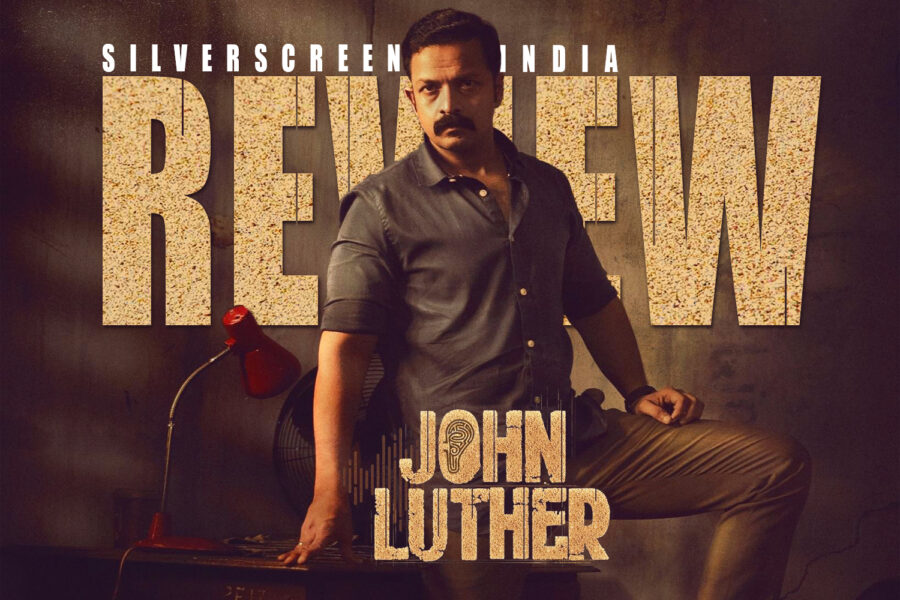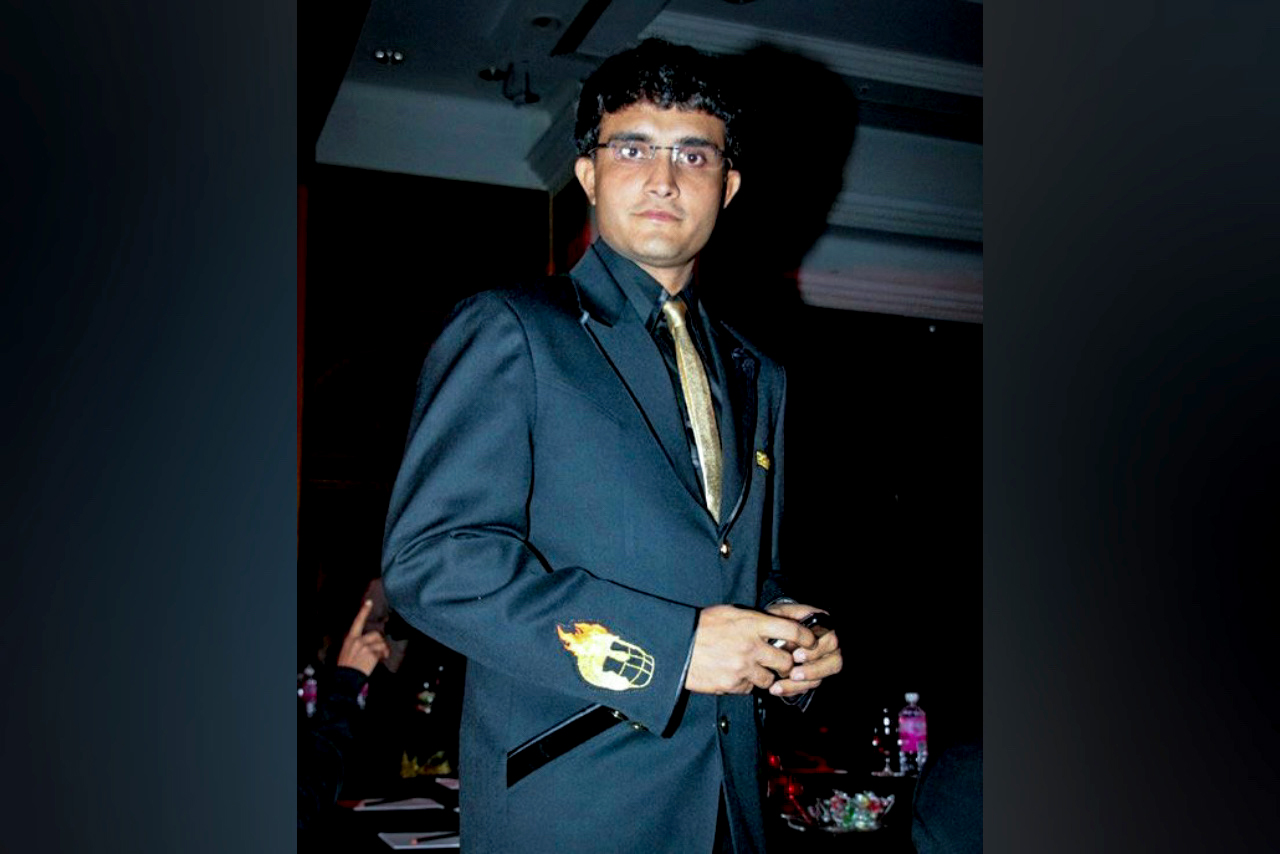John Luther (Jayasurya) and his family live in a house that resembles one of those boutique heritage homestays in Kochi. Squeaky-clean and orderly, without a single stain on the walls or a sign of human activity in the rooms. And there are lamps, the most important and handiest item in the art department of Indian mainstream movies, everywhere, on nightstands, tables and corners of rooms, lit during the day and night. In the initial scenes, the family, evidently upper-caste, is preparing for the betrothal ceremony of the younger progeny. A grand exhibition of social and material wealth.
Luther is a police officer working in Munnar, a town largely inhabited by daily-wage labourers who work in estates run by faceless corporate companies. There is a point in the film where he and his diligent and brawny subordinate (Deepak Parambol) pick up a truck driver (Pramod Veliyanad) in connection with a hit-and-run case. Even before they finish the interrogation, the cops begin the ritualistic custody torture, as though the blows would extract the truth from the unfortunate man like milk from a cow. The camera records all the proceedings inside the police station from close quarters ﹣the custody violence, and Luther casually supervising the brutality. A subordinate officer informs him that the man in custody is not related to the killings. He adds an unrelated detail, “He had recently undergone a kidney transplant surgery with the help of a charity organisation.” You might think the film would pause here and take stock of the situation, but it moves on, coldly, continuing to identify with the cops who conducted the torture. Two scenes later, Luther loses his hearing partially, and the film switches to an utterly unimaginative melancholic song, fishing for sympathy for a man who had just rendered an innocent man mortally injured.
John Luther, directed by Abhijith Joseph, is a morally depraved, flatly picturised film, centred on a police hunt for a serial killer. Humourless, it gloats in creating a malicious killer using a bunch of social cliches. The film pretends to be part of the new crop of Malayalam cinema that stays grounded, close to reality. But essentially, John Luther is barely different from the old-school cop dramas that romanticise the khaki and portray the violent policeman as an irrefutable moral crusader. Like most mainstream Malayalam entertainers, it stays oblivious to how the class and caste disparities play out in society.
The cop’s disability is inconsequential to the larger story; it is just a hack to create an emotional connection in a narrative that proceeds like a bad joke. Though, Jayasurya finds a great opportunity in it and turns the mundane character into someone worthy of your attention. He plays Luther, the cop, like a typical daredevil, strutting around and throwing angry glances at people. But in the scenes that immediately follow the incident that resulted in his hearing predicament, his performance is beautifully sensitive.
The film’s centrepiece is the investigation that leads Luther to a dangerous criminal. What unfurls is not a riveting cat and mouse chase between two brilliant minds, but a lousy game played by two average joes. Luther does not pull off exceptionally intelligent deductions. Every clue he gets is a product of an accident. The killer isn’t very sharp too. In his first meeting with the cop, he narrates a flashback story which, he hopes, would act as a red-herring. Eventually, it is the same story that leads the cops to him. The serial killer, you see, isn’t imaginative enough to concoct an unbreakable lie to save himself.
More so, the backstory is laughably silly and to a great extent, insensitive. But, well, at least it is in tune with the film’s overall apathetic tone. A boy from underprivileged conditions grows up to be a doctor, thanks to his sheer will and endless curiosity about the human body. When he loses all prospects in an accident, he turns to murder. The problem is, that the film picturises this transformation as a natural progression, as though the boy was in the medical profession only for the joy of slicing up bodies. The movie that treated Luther’s accident with great tenderness portrays the boy’s tragedy callously. In the long-winded final sequence, the film becomes a run-of-mill drama where men, regardless of their health and physical abilities, engage in a physical fight in an open field. It is a child’s guess that the ultimate victory rests with the hero even though he is stabbed multiple times.
Recommended
Cinematographer Roby Raj picturises the whole film emptily, with lights lavishly poured into every frame and an excess of unreasonable shallow focus shots. He compulsively prettifies everything, and this approach renders the film lifeless. The sole element in the movie with some restraint is the background score that builds an eerie atmosphere without overpowering the narrative. In the opening sequence, Luther opens the door of an ambulance to see the body of a road accident victim. The film does not reveal the face of the dead. But the music, gentle yet brimming with premonition, conveys the chill. In a film that is absolutely devoid of a worldview, the music points towards something, perhaps the quintessential fear of death that binds us all.
*****
This John Luther review is a Silverscreen original article. It was not paid for or commissioned by anyone associated with the movie. Silverscreen.in and its writers do not have any commercial relationship with movies that are reviewed on the site.



